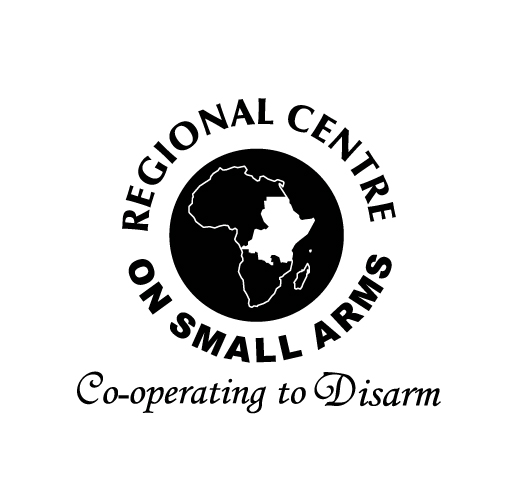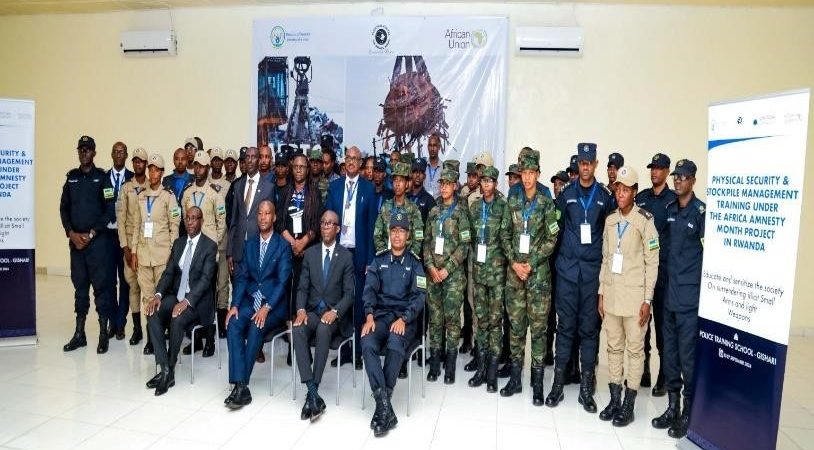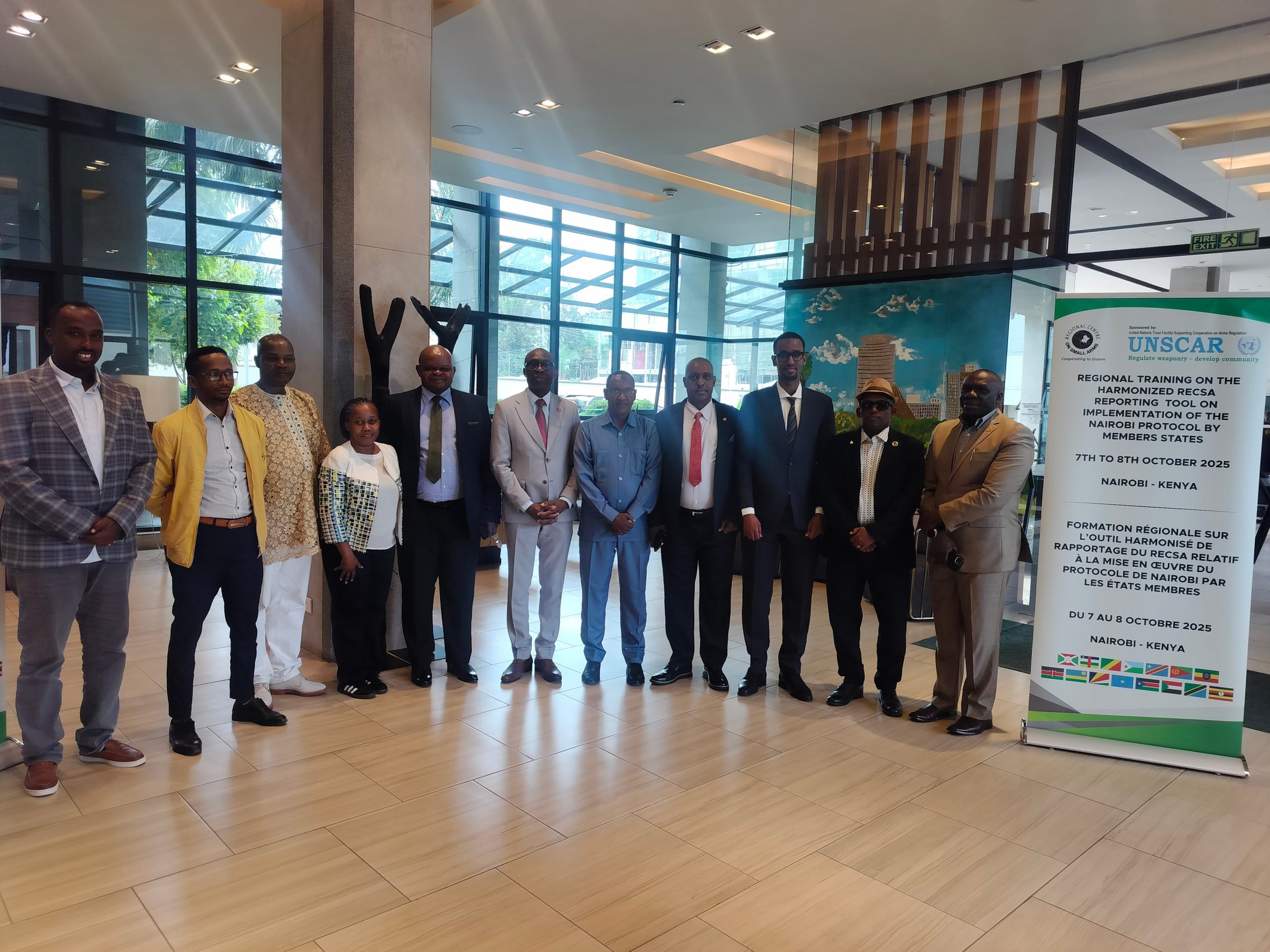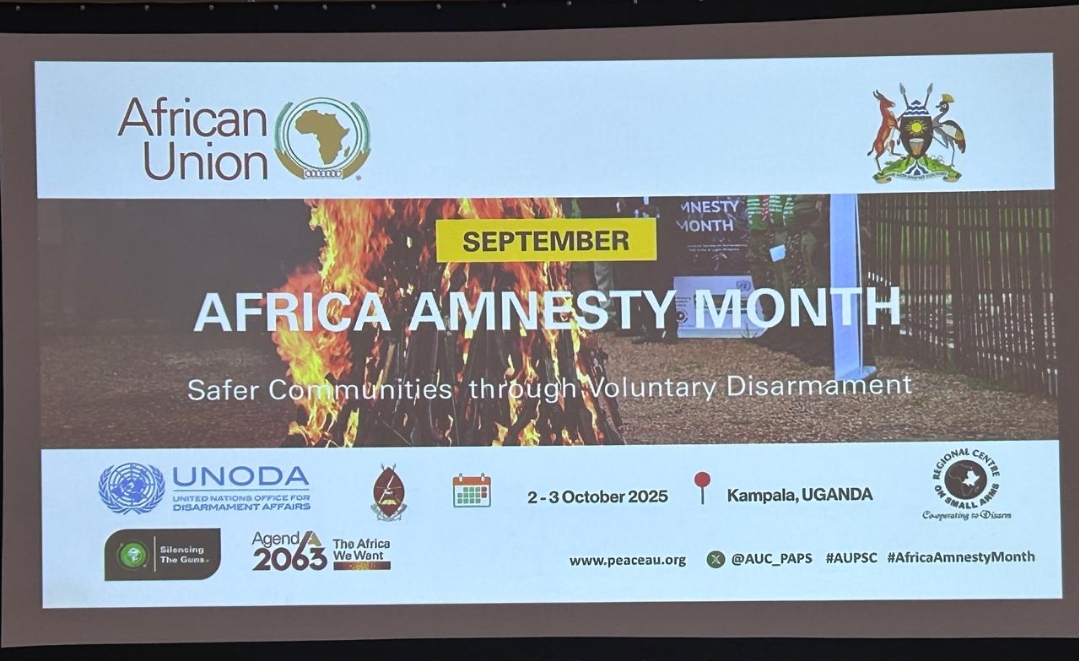2024 Africa Amnesty Month (AAM) Report
The 2024 Africa Amnesty Month (AAM), jointly implemented by the African Union (AU), UNODA, and RECSA, supported three beneficiary countries—Central African Republic, Djibouti, and Rwanda—in advancing efforts to curb the proliferation of illicit small arms and light weapons (SALW). The initiative contributes to the AU’s “Silencing the Guns by 2030” vision, aimed at reducing armed violence, strengthening peace, and promoting safer communities across the continent.
The project focused on four major areas:
Public sensitization on the dangers of illicit firearms
Capacity building for security and law enforcement agencies
Establishment of safe weapons collection and storage mechanisms
Public destruction of seized, obsolete, or voluntarily surrendered firearms
Across the participating countries, AAM 2024 strengthened collaboration between governments, communities, and security institutions. Public awareness campaigns—through media outreach, workshops, and symbolic activities—helped increase community understanding of the risks associated with illegal arms possession. Capacity-building trainings enhanced the technical skills of security personnel in arms management, community policing, and safe storage practices.
Despite progress, challenges remain. These include limited voluntary weapon surrender due to security fears, cultural attachment to firearms, porous borders that enable trafficking, and resource constraints affecting storage, detection, and monitoring capacities. Nonetheless, the initiative succeeded in deepening public engagement, improving institutional readiness, and reinforcing national commitments to responsible SALW control.
The report recommends expanding public awareness efforts, increasing investment in arms management systems, strengthening border collaboration, scaling up capacity-building programs, and continuing close cooperation with regional and international partners. It also highlights the importance of involving youth, women, academia, civil society, and the private sector in long-term disarmament and peace building strategies.



